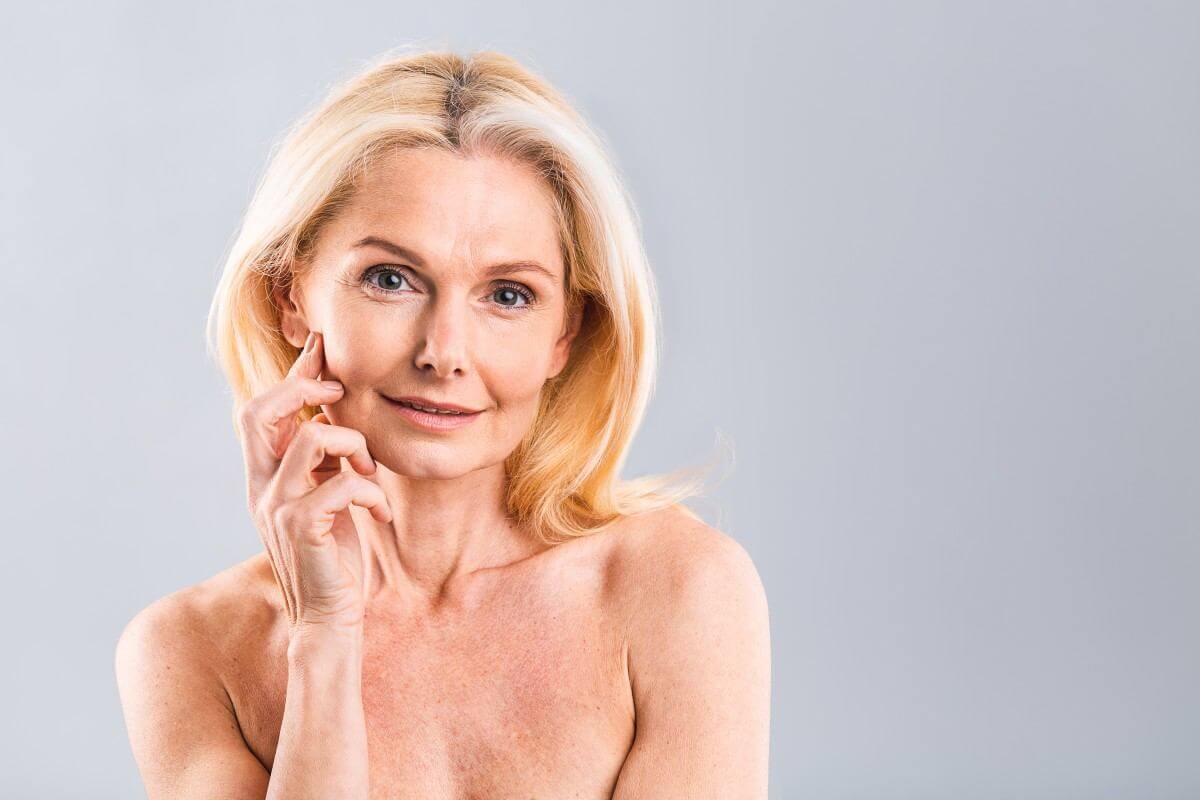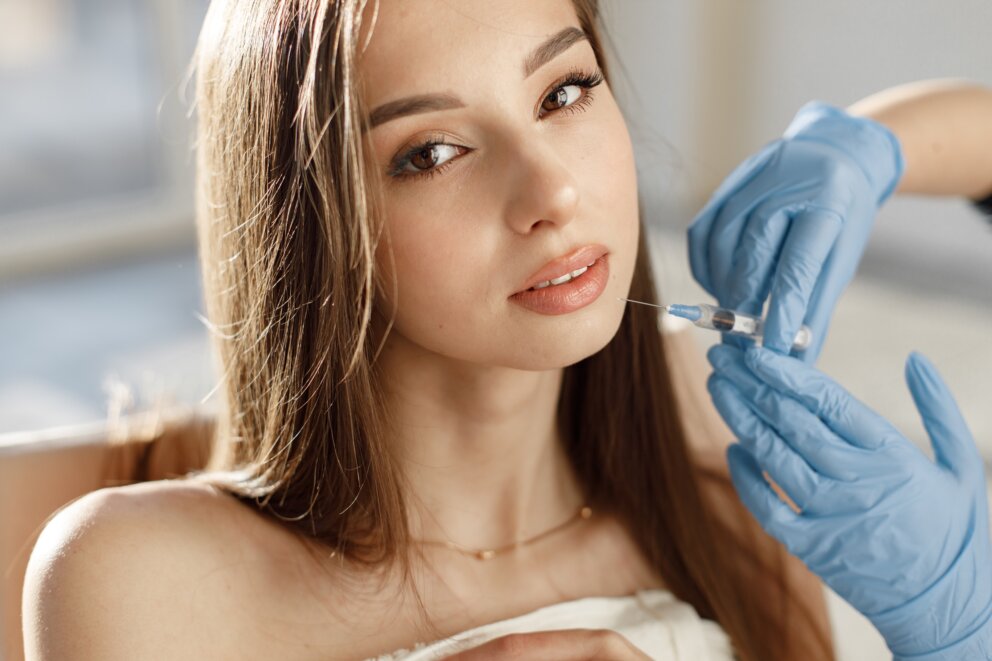Genetics in particular has long been associated with the topic of skin ageing. If a person looks really good at a certain age, or if the signs of aging are more visible in a person, this is the first thing that comes to mind for many of us. The question remains whether genetic predispositions inherited from our parents play a key role in ageing or whether this is just a long-standing myth. We had a straight talk with aesthetic physician and director of the Frais Institute, MUDr. Vanda Przewlocka, PhD.
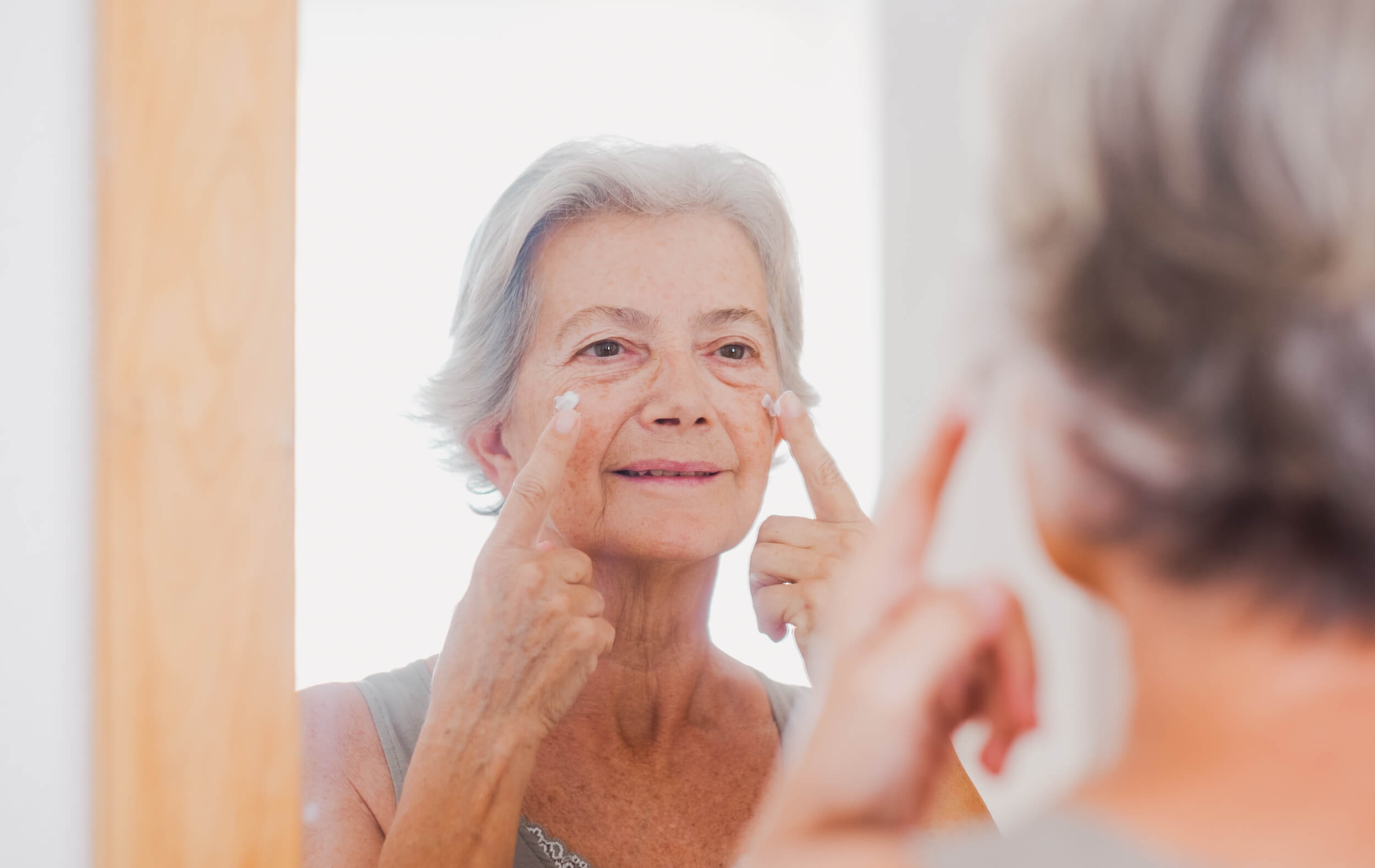
If there was a magic wand, we could stop ageing with a wave of a wand, especially if, at a certain age, we are startled by a single glance in the mirror and notice more and more wrinkles on our face. While skin ageing is more pronounced in one group, there are also the lucky ones who have a more peaceful skin ageing process. Although several genetic studies have revealed many facts about how our bodies work, it is still an extremely complicated subject. Yet genes play a significant role in how your skin behaves. To understand how it works, you should first understand what genes are and how they affect genetic characteristics (traits of your body). Although you may inherit your genes from your family, your environment and your responsibility to yourself can influence them - for better or for worse.
What are genes and why are they important?
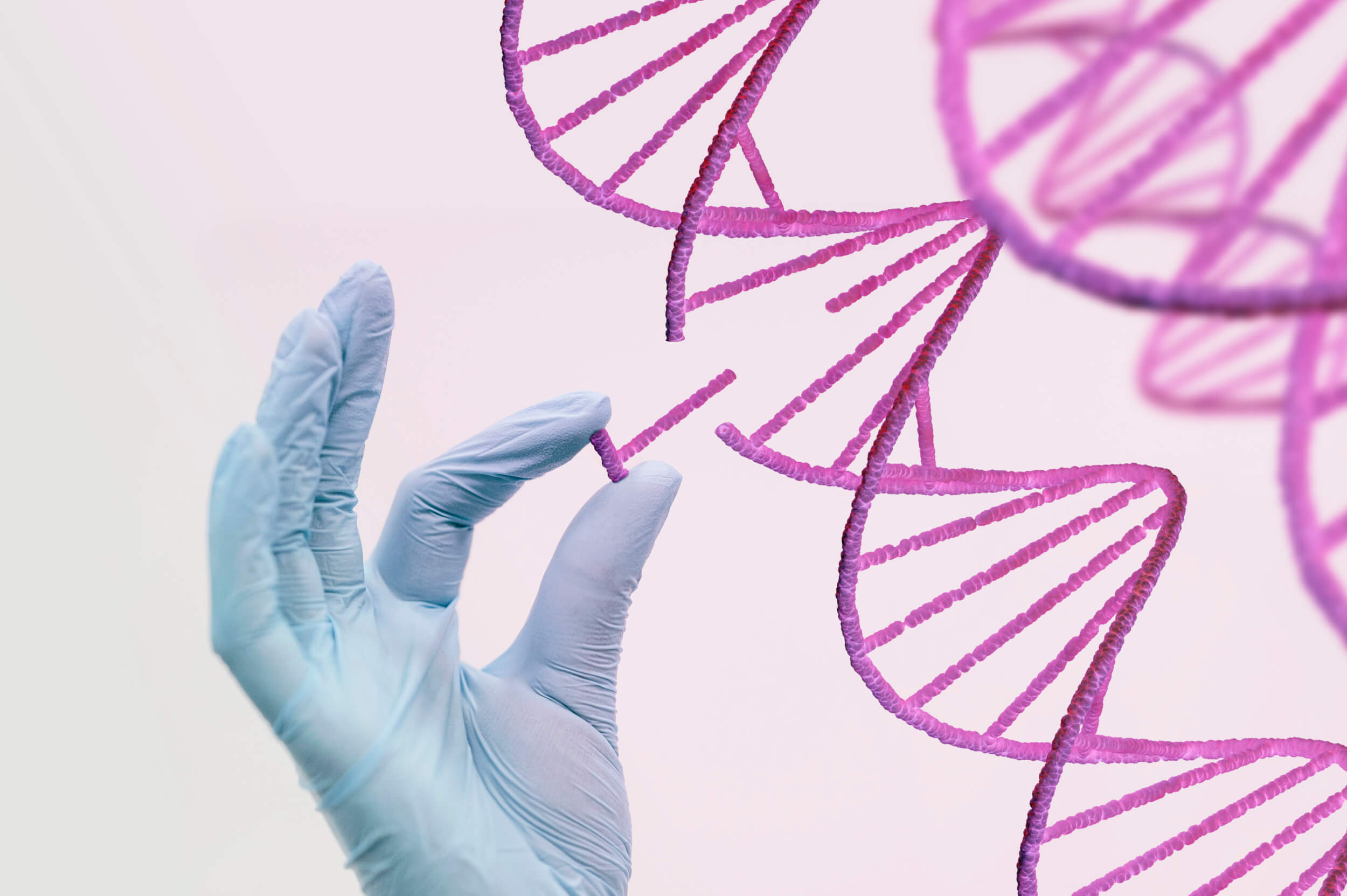
Biology defines the gene as the basic unit of heredity. They live in your DNA on long structures called chromosomes and dictate to this DNA what proteins to produce. Then your DNA makes these proteins, but it also makes a copy of itself called (RNA) that tells the proteins what to do. The way they all interact is quite complex, but you only need to understand the basics. Genes allow traits to be passed from one generation to the next, including evolutionarily useful mutations. For example, you inherit physical characteristics such as skin type (light or dark), height or agility. However, you may also inherit undesirable traits, such as your predisposition to skin diseases like eczema, psoriasis or rosacea.
Certain innate traits can indeed influence the quality and behaviour of our skin to some extent over the years, but we shouldn't rely solely on what we inherited from our parents - whether positive or negative. Ageing should be seen as a natural part of our lives.
"Certainly genetics play a role in the aging process, certain gifts and what we inherited from our parents, but we should not rely on it. I'll be honest, because oftentimes a patient will come to me who has visible signs of aging, which is, of course, physiology. As the face changes over time, for example, volume is lost on the lateral side of the cheeks, folds form, an overhang develops in the temple area, the lip hides, and wrinkles form around the lips. Patients always tell me that it is genetics and that they have it from their parents, but the truth is that it is not genetics, but it is a standard sign of aging, which is natural and normal for everyone," explains Vanda Przewlocka, M.D., PhD., aesthetic physician and anti-aging expert.
We can correct ageing
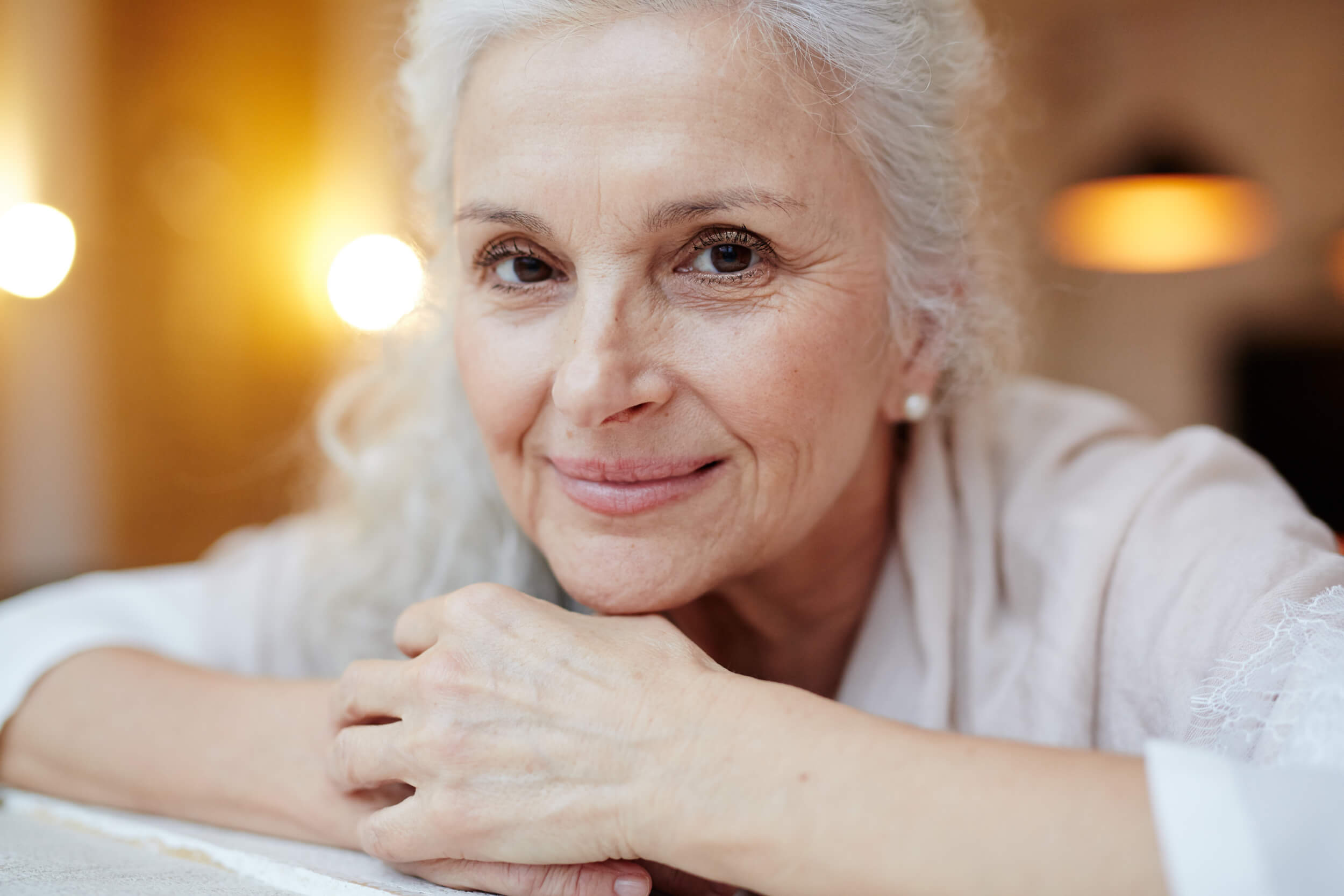
Self-care, of course, is not an obligation. Someone cares more about appearance, someone less. However, the bottom line is skin care, which starts at home. Sufficient time should therefore be devoted to morning skin care and moisturising, as well as thoroughly exfoliating before sleep. You can then enrich your home routine with regular treatments against the signs of ageing, depending on the condition of your skin. In this case, however, it is important to note that aging does not stop altogether.
"The treatments won't make an older person twenty years old, but they won't make us look tired. And just that, is the basis. It's important to take care of yourself so that you give off a relaxed impression in society, because getting older will ensure you look very tired. But we cannot rely on one correction to stop it. We can't stop ageing, but we can catch up and gently correct it with many treatments," concludes the experienced doctor.
Once you understand your genetic strengths and weaknesses, you can begin to eliminate factors that could affect your skin's health, or start a skin care regimen that will reduce your signs of aging.
